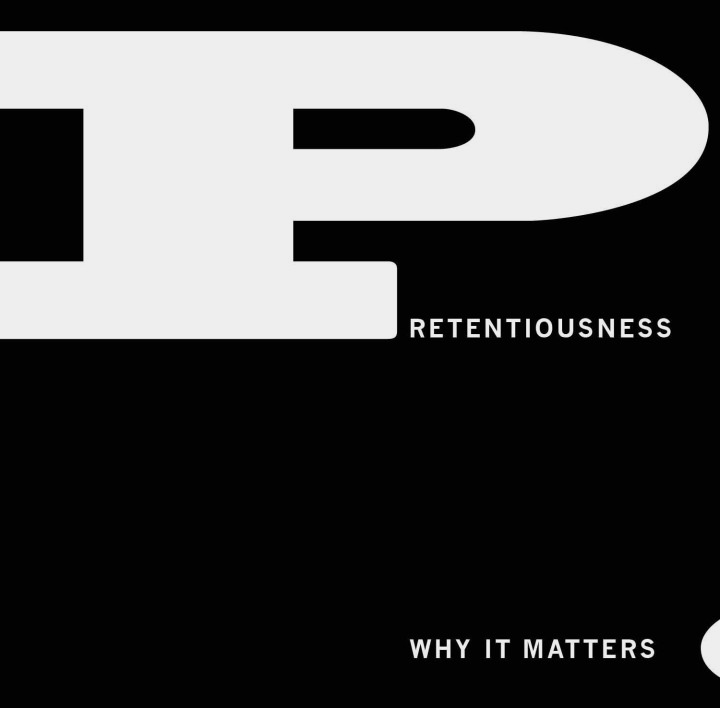Nobody likes a pretentious ass, you might think. But in his new book Pretentiousness: Why It Matters, published by Coffee House Press and Fitzcarraldo Editions, Dan Fox argues that pomposity and conceit grease the wheels of innovation in music and art, and give us a tool with which to imagine ourselves differently.
Fox starts from a comparison between the etymology of the word “pretentiousness” — from the Latin prae, meaning “before,” and tendere, “to extend” — and ancient Greek actors, who would hold a mask before their face, playing someone else. Pretending is a useful thing to do; when we’re young that’s how we learn. It is also valuable as we get older and find ourselves in situations in which we might need to try and “fit in.” Sometimes, however, “faking it” doesn’t work or backfires — think of the ire felt when we learn we’ve been had by a con artist, or when someone turns out to be an impostor.
Telling someone they are or are not behaving, dressing or talking like they should is a way to monitor and control that behavior, dress and so on. Fox argues that calling someone out for pretending is an “informal tool for class surveillance,” but part of the reason we react so strongly to false pretense is because so much can be gained from it. If you get away with a con or an act, no one will care how you obtained your reward. This is also why it is so important in music and art; if the audience likes what they see or hear then it doesn’t matter whether you’re just putting it on for show. If it works, the act is vindicated. Pretentiousness is, then, a way for artists to push boundaries, to break free from standard institutional molds. So despite the possible artificiality or ploy inherent in pretentiousness, it is important because it is “permission for the imagination.” It allows us to “find out what it would be like to be otherwise.” More than being part of an “acceptable creative act,” for Fox pretentiousness is integral as an engine of self-creation — and we should all be more forgiving of it, at least sometimes.

